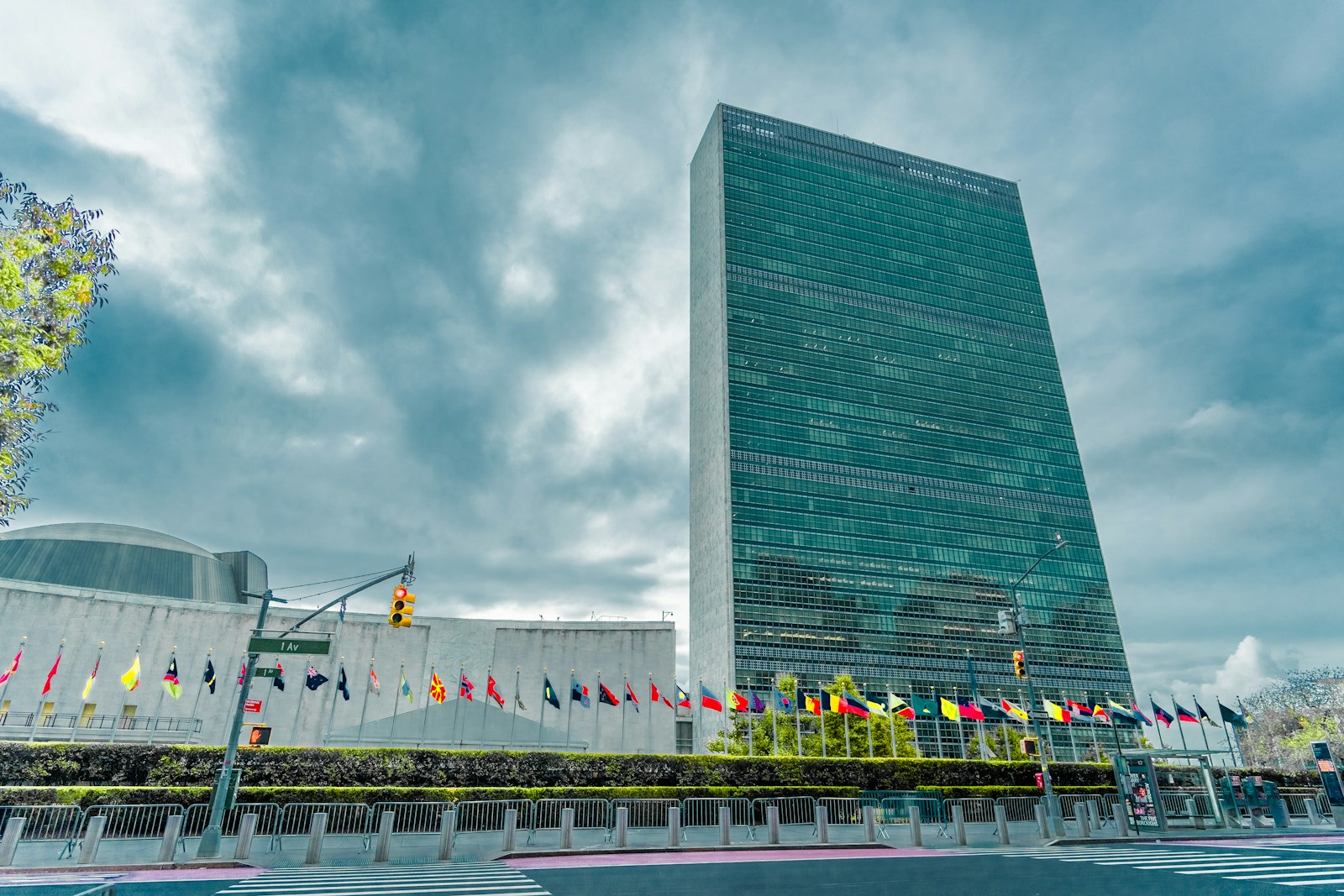The United Nations has taken a historic step in its latest assessment of Israel’s war in Gaza, declaring that the actions of the Israeli government amount to genocide. The finding, issued by the UN’s Commission of Inquiry, marks the first time an official UN body has applied this designation to Israel’s military campaign. The report not only cites systematic destruction and mass civilian suffering but also accuses senior Israeli leaders, including Prime Minister Benjamin Netanyahu, of incitement to genocide.
For Palestinians, the UN’s declaration is a long-overdue acknowledgment of a catastrophe they have lived daily for nearly a year. Entire neighborhoods across Gaza have been reduced to rubble. Hundreds of thousands of people are displaced, forced into overcrowded shelters or left without food, water, or medical care. Hospitals are bombed or under siege. Families mourn children killed in airstrikes, while others fear the creeping starvation that humanitarian agencies say is spreading across the territory. The UN’s use of the term genocide—a word that carries the weight of the Holocaust and the Rwandan massacres—has put Gaza’s suffering into the starkest possible legal and moral frame.
Israel has categorically rejected the accusation, calling the UN report biased and politically motivated. Netanyahu’s government insists its military operations are aimed solely at dismantling Hamas, which launched its October 7 attacks last year, and not at the Palestinian population. Israeli officials argue that they take steps to minimize civilian casualties and that Hamas bears responsibility for embedding its fighters within civilian areas. But the UN’s investigators, after months of gathering testimony and analyzing evidence, concluded that the scale, intent, and language used by Israeli leaders go beyond the bounds of military necessity. They cite statements from senior officials that describe Palestinians in dehumanizing terms, coupled with policies that have left the enclave uninhabitable.
The designation of genocide carries profound implications under international law. The 1948 Genocide Convention obliges all signatory states not only to refrain from committing genocide but to prevent and punish it wherever it occurs. That means countries supplying Israel with weapons, funding, or political cover may face growing pressure to halt their support. The International Court of Justice has already ruled in previous cases that states cannot remain passive in the face of genocide, and the principle of universal jurisdiction raises the possibility that Israeli leaders—or even officials in allied governments—could one day face prosecution.
This development also places Washington and European capitals in an increasingly uncomfortable position. The United States remains Israel’s largest military backer, providing billions in annual aid and diplomatic protection at the UN Security Council. By continuing this support in the wake of a genocide finding, the U.S. risks accusations of complicity. European governments, some of which have expressed sharper criticism of Israel’s tactics, may now face legal and political pressure to suspend arms sales and reassess their alliances. What began as a regional war is rapidly becoming a global test of international law’s most fundamental prohibition.
On the ground, however, legal language offers little immediate relief to Gaza’s civilians. Humanitarian organizations warn that the enclave is on the brink of famine, with international aid convoys regularly blocked or bombed. Diseases spread quickly in makeshift shelters. Survivors of airstrikes dig through rubble in search of family members while electricity, medicine, and clean water remain scarce. The UN’s declaration may shape future accountability, but for Gaza’s people, it is another grim reminder that recognition of their suffering has arrived late and with little tangible protection.
Still, the historical significance cannot be ignored. The word genocide is not used lightly. It is the crime of crimes, defined by intent to destroy, in whole or in part, a national, ethnic, racial, or religious group. By invoking it, the UN has set in motion a process that may reverberate in courtrooms, parliaments, and streets around the world. Whether this leads to sanctions, prosecutions, or changes in foreign aid remains to be seen. But what is certain is that the narrative of the Gaza war has shifted irrevocably. It is no longer framed merely as a conflict, or even as a humanitarian crisis—it is now named as genocide.
The international community faces a moment of truth. Will governments uphold their obligations under the Genocide Convention, or will they sidestep them in the name of politics and alliances? The answer will shape not only the future of Israel and Palestine but the credibility of the post-World War II system designed to prevent the very crime the UN has now declared.





